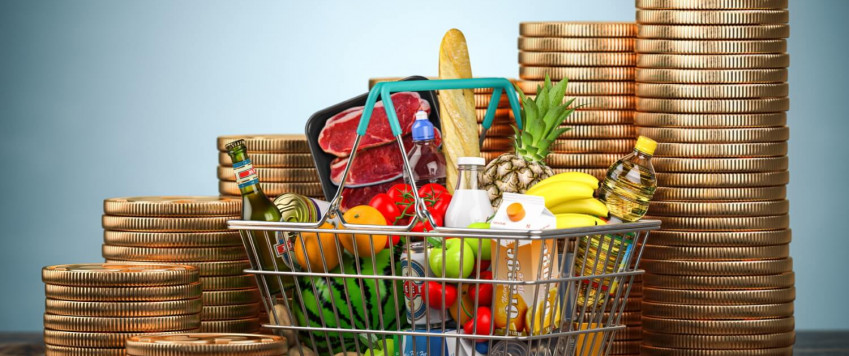Inflation continued rising also in December

The incoming December 2021 data on Latvia's inflation contained no surprises, showing a further acceleration to 7.9% (December 2021 as compared to December 2020). Under the current circumstances, the memories of several months of deflation experienced at the beginning of last year have almost faded. Given that initial price decline and comparatively lower growth rates in the first half of the year, the average price level in 2021 turned out to be 3.3% higher than in the previous year.
As inflation has currently become a major buzzword, the voices asking why we don't see more active attempts by central banks and other economic policy makers to contain the soaring prices are getting increasingly louder. Yet it's really not like inflation has been completely forgotten. It has never left the agenda. It's just that central banks are focussed on the medium-term monetary policy implementation and they do not respond spontaneously (a recent explanation of the impact of monetary policy decisions in a period of 18–24 months by the ECB's Chief Economist Philip R. Lane). Last year's inflation somersaults in Latvia also showed that it can easily swing from being negative to the highest level of the last decade even in just a year. Normally, central banks tighten their monetary policies to combat inflation, but, under the present circumstances of persisting Covid-19 crisis effects, pulling the monetary policy reins in too sharply on the already injured economy would just deliver it another blow when it still needs some dressing of the wounds and comforting. Hence, before taking any decisive steps affecting the economy, monetary policy makers need to be sure if the swings are still going straight up or inflation could be expected to stabilise and return to acceptable levels due to a decrease in individual components (the monetary policy target is set at 2% inflation in the medium term). It is important to remember and understand that monetary policy does not respond to short-term inflation swings but is focussed on long-term trends.
Looking at the last year's trends in Latvia, energy was the main driver of inflation, affected by a number of different factors. Historically, energy prices have been highly volatile, and we have seen both vigorous rises and subsequent dives. However, currently they do remain elevated. Moreover, it's not just the electricity bills that will reflect the increases in energy prices observed during the first months of the year. Quite a large number of raises in administered tariffs have also already been announced.
Prices on food and various industrial goods and services equally continue to rise. There were a lot of discussions towards the end of last year and at the start of this year about this year's inflation projections. The outlook may change, of course, depending on the accuracy of the projections of energy price movements as well as the further evolution of the pandemic. Nevertheless, inflation is certainly here to stay over the coming months, and it may even climb higher than in December.
Longer-term trends, however, are less certain. Our projections show that inflation could start reversing already in the middle of this year and approach 3% at the turn of the year. Nevertheless, these projections are associated with a high degree of uncertainty, and we will continue to closely monitor the developments. The Governing Council of the European Central Bank (ECB) also stands ready to respond if necessary, as confirmed by the Governor of Latvijas Banka and member of the Governing Council of the ECB Mārtiņs Kazāks in a recent interview.
Textual error
«… …»


